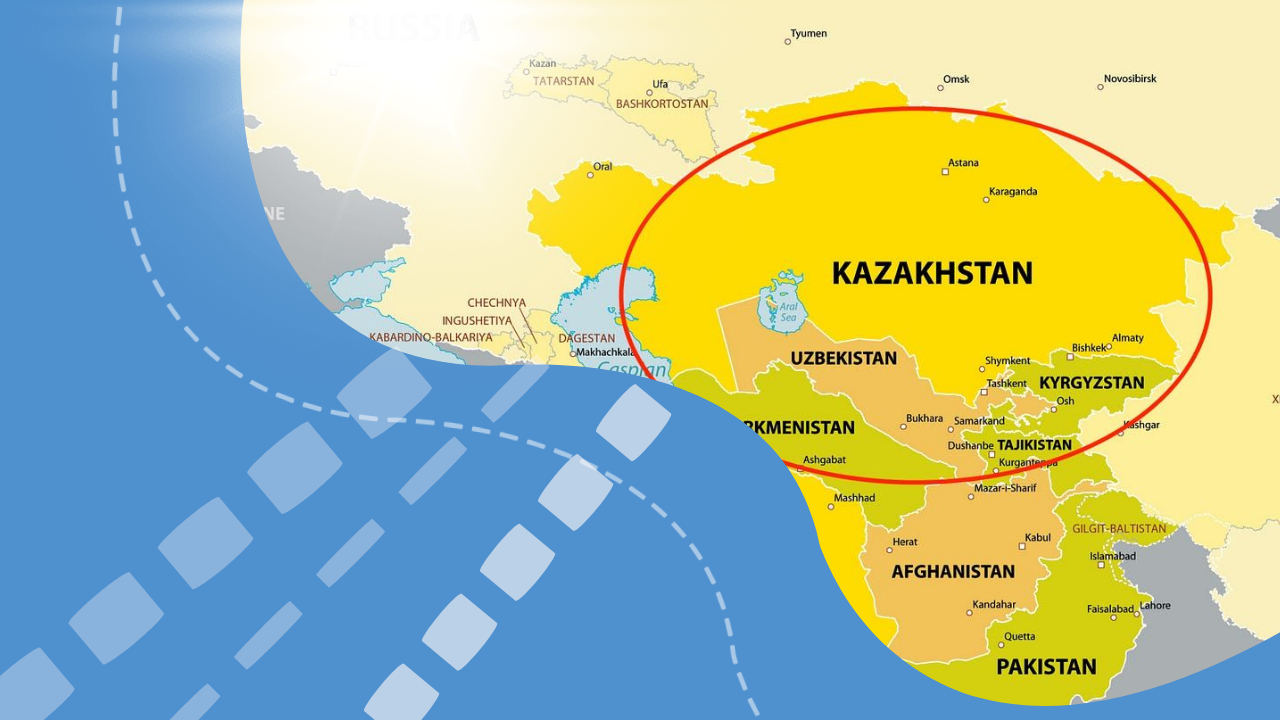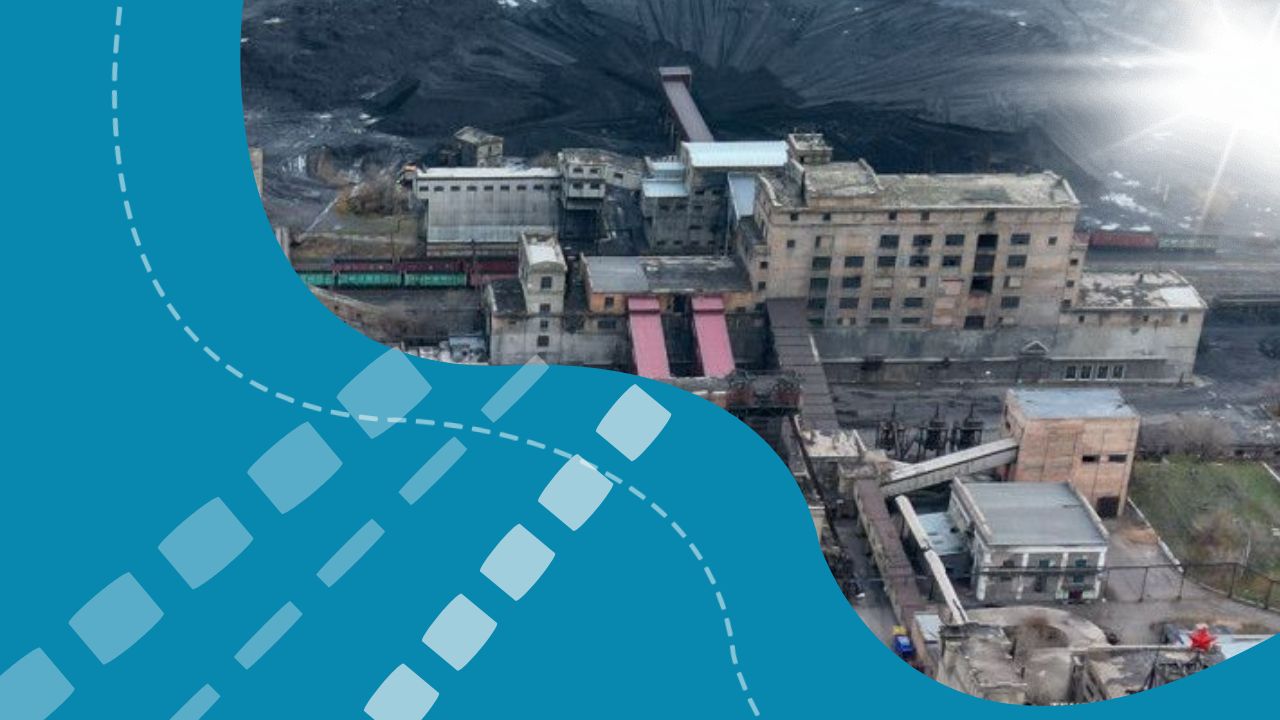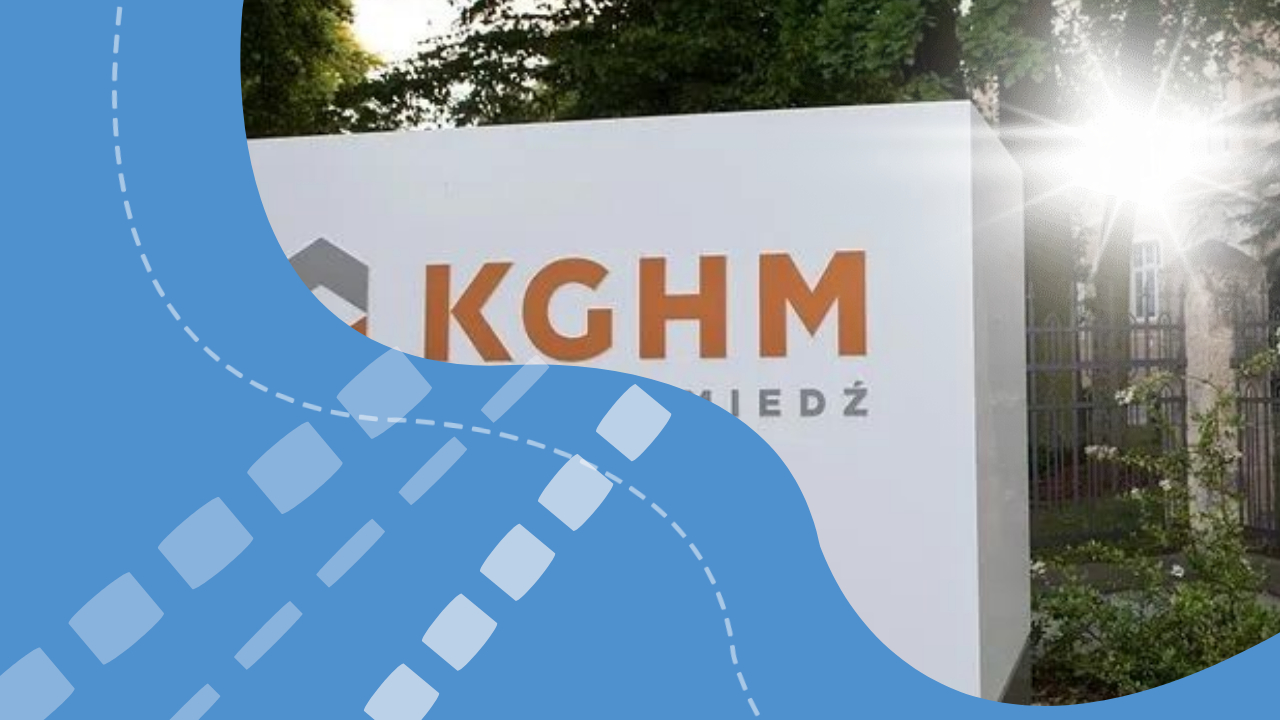The China Chamber of Commerce to the European Union (CCCEU) on Tuesday urged the EU not to disrupt global critical raw materials supply chains and value chains through non-market measures following the bloc’s approval of the Critical Raw Materials Act.
The Act, adopted by the Council of the EU on Monday, identifies two lists of materials including 34 critical ones and 17 strategic ones. It aims for the EU to extract 10 per cent, recycle 25 per cent, and process 40 per cent of its annual needs for the materials, which notably encompass lithium and nickel, by 2030.
The CCCEU said that while understanding the EU’s aim to enhance supply chain resilience, it urged the bloc not to disrupt global critical raw materials supply chains and value chains through non-market means to not affect the green and digital economic transformation.
The chamber highlighted the vast room for cooperation between China and the EU, stressing that “dependence is mutual.”
It urged the EU to objectively evaluate both sides’ positions in the global supply chain, refrain from politicizing trade issues, reduce market access barriers, encourage dialogue and cooperation, and provide a fair, non-discriminatory business environment for Chinese enterprises.
The Brussels-based CCCEU represents over 1,000 Chinese companies operating across the EU, with chambers in EU member states.








